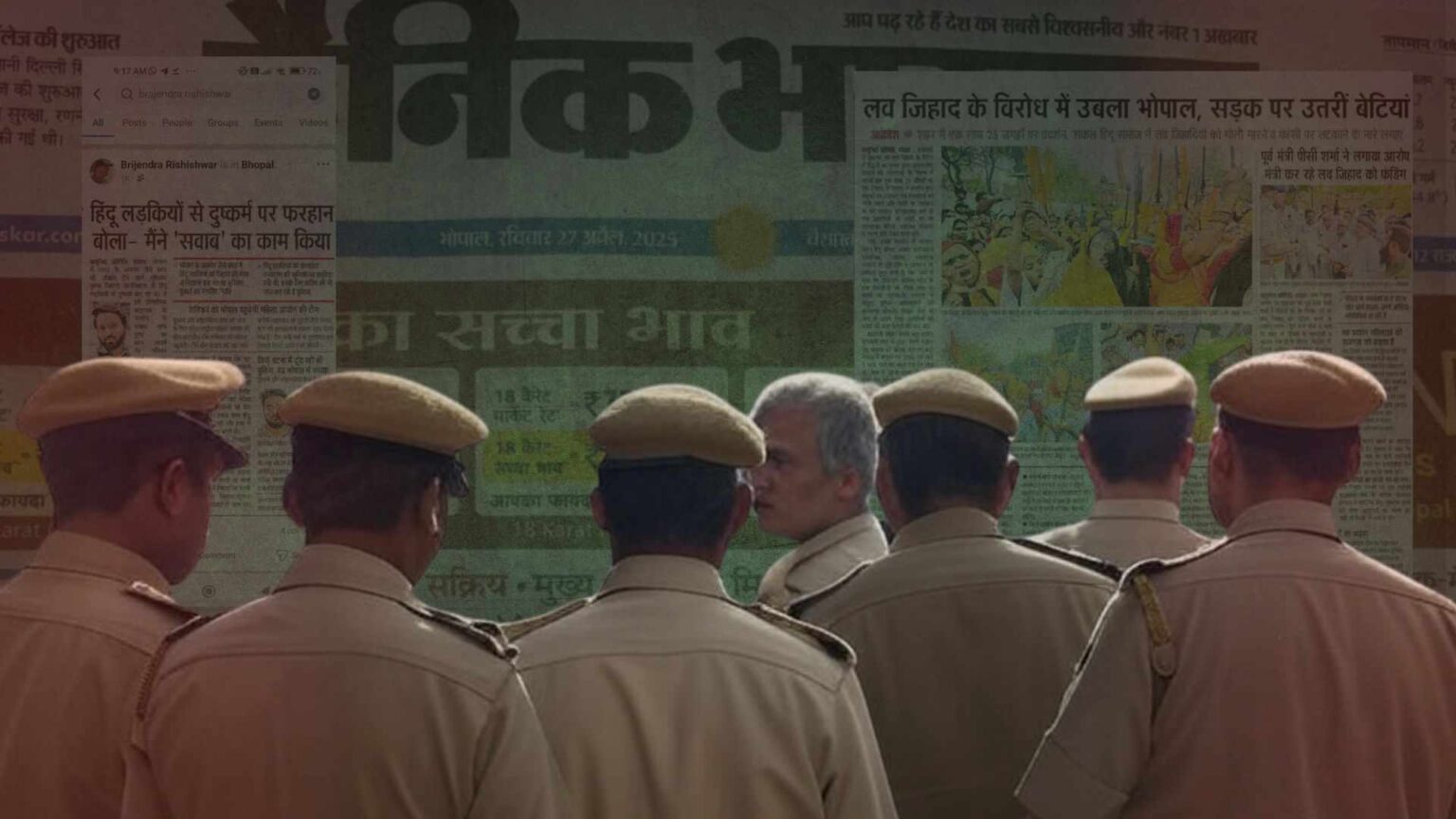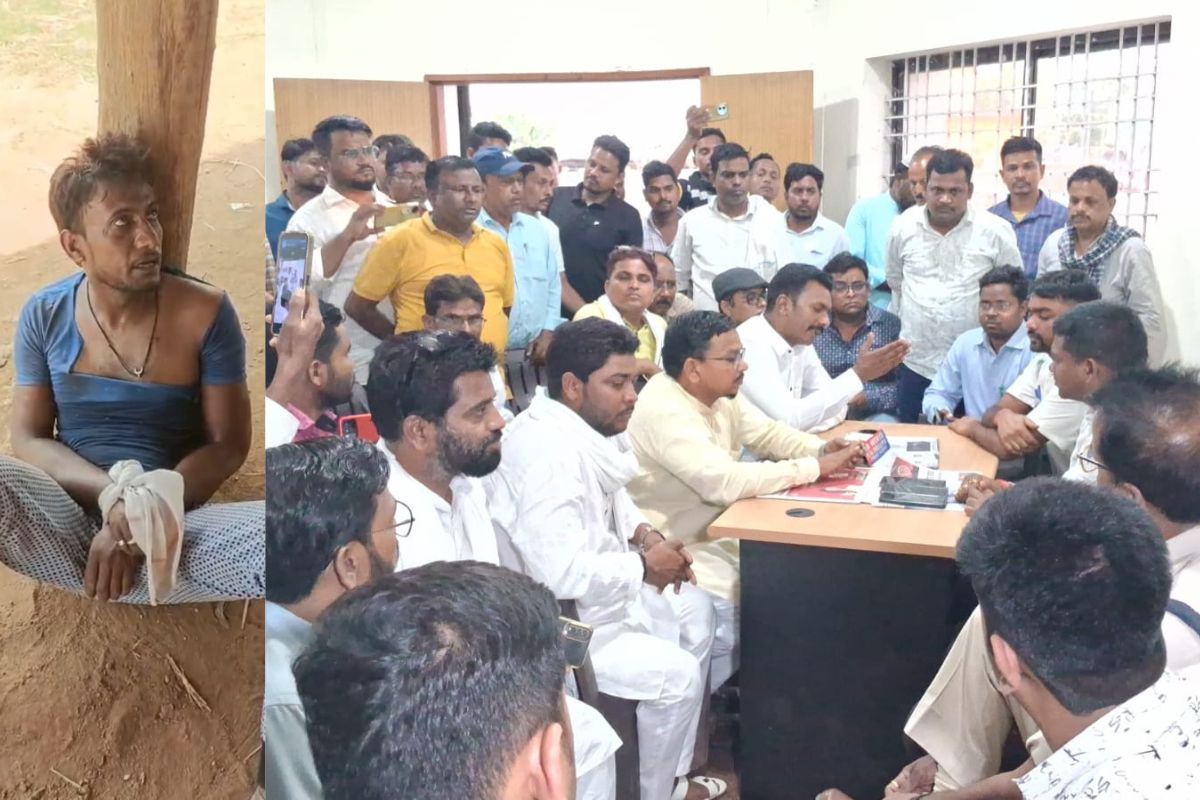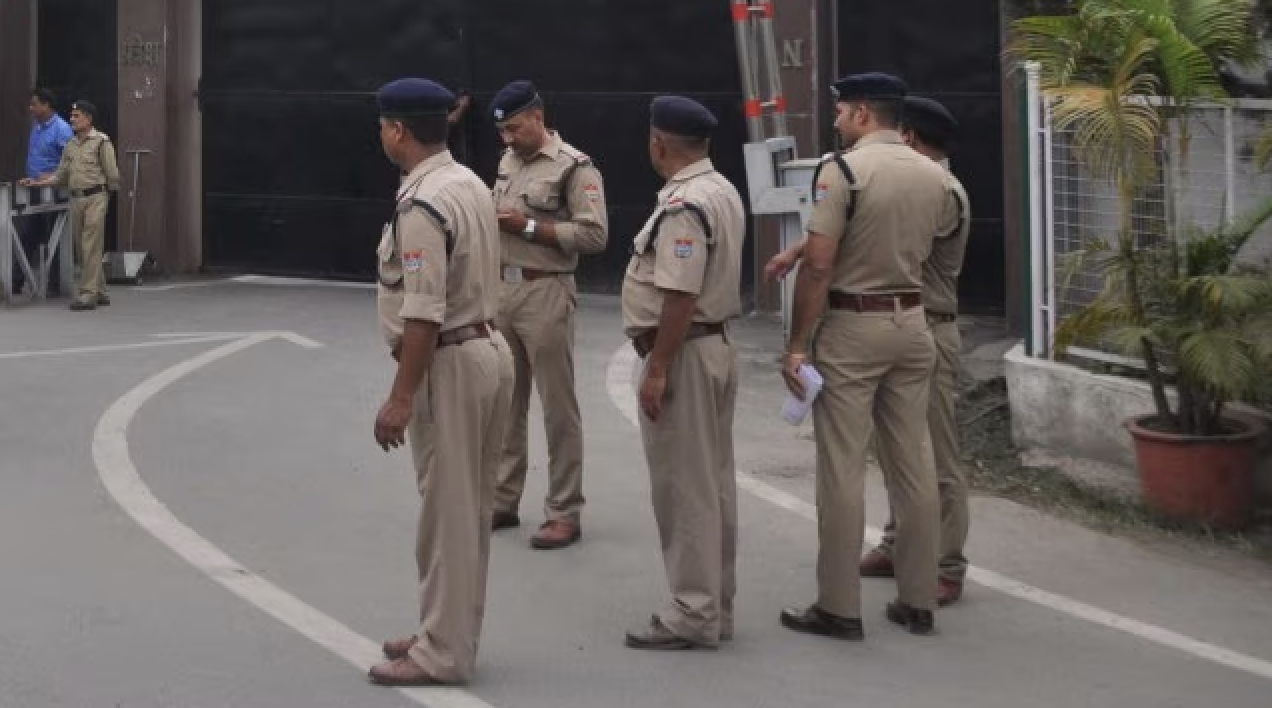Karishma Hasnat

Guwahati: For the last four years, 50-year-old Kamal Hussain Ahmed has been an assistant government pleader (AGP) at one of the Foreigners’ Tribunals (FT) in Assam’s Dhubri district.
The tribunals are quasi judicial bodies reviewing cases of those whose citizenship has been marked suspect by the Assam Border Police Organisation, and of those left out of the final National Register of Citizens (NRC) list. Each FT has one AGP.
On Tuesday, 8 September, Ahmed was among the seven Muslim AGPs who were removed from service at the FTs in Dhubri. They have been replaced by seven advocates belonging to the Hindu community.
The move has sparked allegations of bias and discrimination in the process.
“This is political discrimination. It has been done on religious lines,” Hussain Ahmed said. “Without offering any explanation, the deputy commissioner cannot recommend our names for termination (of services) — it is the home secretary or the Gauhati High Court that seeks an application from the official concerned before passing an order under valid reasons.”
Ahmed had been serving at FT No. 2 in Dhubri since March 2016, and granted three extensions.
Signed by the state’s joint secretary, Tuesday’s notification announced a termination of the services of AGPs Aminul Islam, Kamal Hussain Ahmed, Rabial Hoque Mandal, Aftab Uddin Ahmed, Sahabul Ahmed and Motiur Rahman Paramanik.
They have been replaced by Rituparna Guha, Gokul Chandra Karmakar, Adhir Chandra Roy, Aninda Paul, Shankar Prasad Chakraborty, Ananda Kumar Rai and Sangita Koeri at different FTs in Dhubri district.
Assam currently has 100 FTs across the state, and there are several Muslim AGPs serving in them.
When approached for a comment on why the decision on Dhubri district, Assam Chief Secretary Kumar Sanjay Krishna did not elaborate on the order, saying it is just a “normal government notification”.
“The termination notice comes before the expiry of my present term,” said Hussain Ahmed.
Other affected lawyers also questioned the decision. “My performance report last year was ‘Well and Good’; not only me, all of us got good performance reviews from the Home and Political (B) department. But this time, they did not wait for any report and terminated us,” said 45-year-old Sahabul Ahmed, who was the AGP at the court of FT 9 in Dhubri town.
Not willing to make further comments, Sahabul said the decision has “immensely hurt” him.
Aman Wadud, a Guwahati-based human rights lawyer, told ThePrint that the decision reeked of bias. “The FTs are infamous for violation of the rule of law and arbitrary stripping of citizenship of Indians,” Wadud said. “The government decision to remove an entire set of government pleaders from one religion and replace them with another will not inspire the confidence of people in the system. This is not how a government in a Constitutional democracy should behave.”
Meanwhile, Abhijeet Sharma of the Assam Public Works (APW), who is a petitioner in the NRC case in the Supreme Court, welcomed the decision. “If the state has found discrepancies in their functioning, it is a right decision as FT courts have an important role to play in the issue of illegal immigration. Many a time, an innocent has been declared non-citizen while the one who is possibly a foreigner remains undetected.”
He added, “We had always suspected that names of illegal immigrants have been included in the final NRC. Former state NRC coordinator Prateek Hajela had told the court that there was no need for 10% re-verification in all districts because he had already done 27% re-verification. In Dhubri district, 38% re-verification was done. As many as 4,096 people were excluded.”
Dhubri district has a total of 10 FTs under it.
While the AGPs in seven FTs have been replaced, sources said no replacement has been made in FT 7 where Chandan Debnath continues to serve as the AGP, while a vacant AGP post in FT 6 was filled with the appointment of Sujit Kumar Saha, according to a notification issued under ‘Orders by the Governor’.
Mohammed Harun remains the AGP for FT 3 (South Salmara), but the court is currently non-functional.
The tribunals and the citizenship war
The Foreigners’ Tribunals in Assam were created through the Foreigners (Tribunal) Order, 1964. These quasi-judicial bodies review cases of suspected citizenship. Before the FTs came into existence, the decision on citizenship of any person, and thereafter their expulsion, was done exclusively by the border police.
The tribunals’ workload has increased after 19.22 lakh people were left out of the final NRC list, published on 31 August, 2019.
Chief Minister Sarbananda Sonowal had ensured that people who are excluded from the register will have 120 days to appeal before an FT. If anyone loses a case in FT, they can move the high court and then even the Supreme Court with necessary evidence to prove citizenship.
But the FTs themselves have come under the scanner due to their functioning.
Take the case of Ali Akbar, whom a tribunal “declared foreigner” in 2015. Akbar had purportedly made a mistake while writing his name on his documents. He was taken into custody by the border police and sent to Goalpara detention camp.
Akbar was released from the Goalpara detention centre after four years in November 2019 on a bail bond of Rs 1 lakh and two sureties.
But in a notice served on 20 November, 2019, Akbar was asked to appear before the No. 2 Abhayapuri tribunal court to prove his citizenship again. He was tagged a “suspected foreigner” this time.
Unlike the previous instance, however, the charges were dropped this time on the insistence of the police.
According to information shared by the Assam government in the state legislative assembly, a total of 1,36,149 people have been declared foreigners by the FTs as of 31 July. At present, 425 people are lodged in the six detention centres of Assam.
These include instances of FTs declaring defence veterans and serving personnel in the armed forces as Doubtful Voters (DV) and Foreigners, for which their names were then left out of the NRC along with their family members.
Govt hiring more members for FTs
Due to the increased workload, the government is now recruiting members for 200 more FTs across 33 districts — many of the state’s 100 FTs are non-functional.
Dhubri district is to get eight new FTs, according to the announcement made last year.
The central government has sanctioned 400 FTs for the state considering that over 19 lakh people have been excluded from the NRC list.
This story first appeared in ‘The Print’ on September 11, 2020 here.






